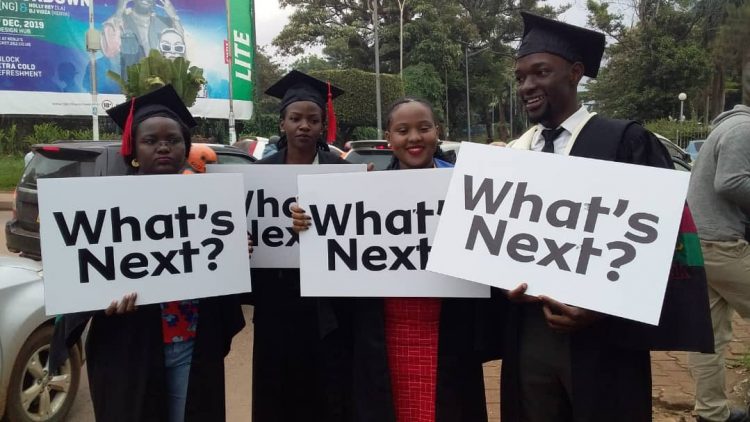Education
Transforming Challenges Into Opportunities: A Ugandan Graduate’s Journey From Education To Job Creation

Uganda, [Date]
In Uganda, the pursuit of education is a commendable journey, with numerous students enrolling in diverse fields such as law, medicine, social work, engineering, and catering across various universities and tertiary institutions annually. Parents and guardians are lauded for their unwavering support in ensuring their children receive quality education, ultimately guiding them to successful graduation.
Despite persistent criticisms of the Ugandan education system being overly theoretical and less practical, resulting in a high percentage of educated but unemployed youth, there is a growing sentiment that graduates can redefine their roles from mere job seekers to innovative job creators.
The narrative of the unemployment crisis should be challenged, argues Ninsiima Precious, a fourth-year law student at Uganda Pentecostal University. Graduates are encouraged to recognize the value of the time spent studying, some courses spanning more than two years, and the academic credentials they’ve earned through hard work.
The call is for a mindset shift, emphasizing the need for graduates to leverage the theoretical knowledge gained during their education to create employment opportunities. While acknowledging the disparity between classroom learning and real-world challenges, the importance of continuous learning and adaptability is emphasized. Graduates are urged to embrace consultants and experts in their respective fields to gain insights and become more innovative individuals.
Passion for one’s career is identified as a driving force for success, motivating graduates to navigate challenges and find solutions in their pursuit of life’s needs and expectations. This passion, coupled with a proactive approach to learning and problem-solving, is deemed crucial in overcoming obstacles commonly faced in the job market.
Ninsiima challenges the prevailing narrative that Uganda’s education system is predominantly theoretical, asserting that there exists a balance between theory and practical application. Medical students engage in practical hospital experiences, engineers undergo hands-on training, teachers participate in teaching practice, and law students simulate court hearings through moots. This practical exposure, she argues, equips students not only with theoretical knowledge but also with practical skills, empowering them to excel in their careers and address the issue of unemployment post-graduation.
In essence, Ninsiima’s perspective advocates for a holistic approach to education that goes beyond theoretical learning, fostering a generation of graduates who not only possess academic knowledge but are also equipped to make significant contributions to the workforce, turning challenges into opportunities for personal and societal growth.


